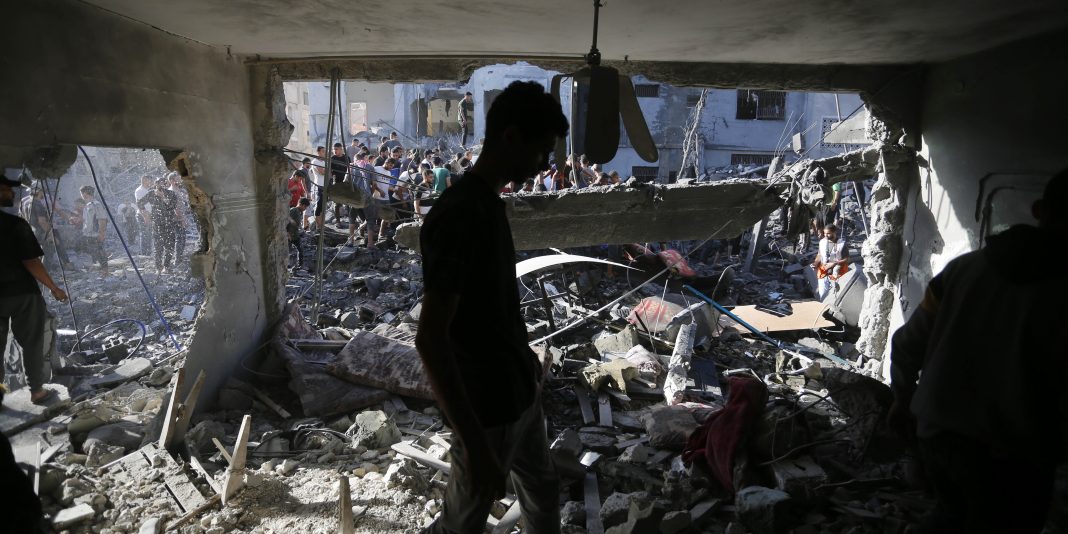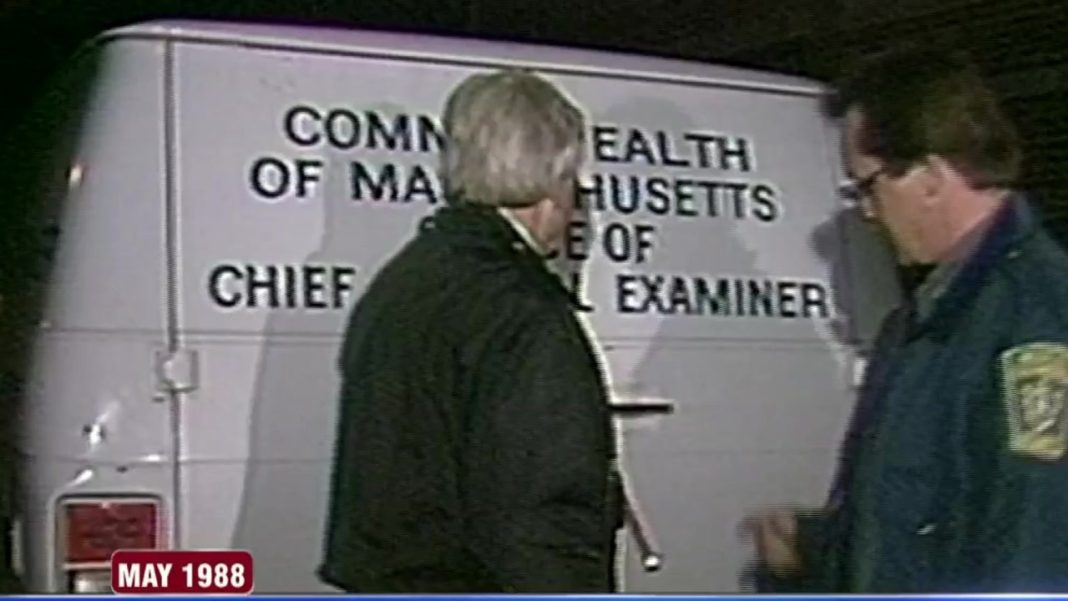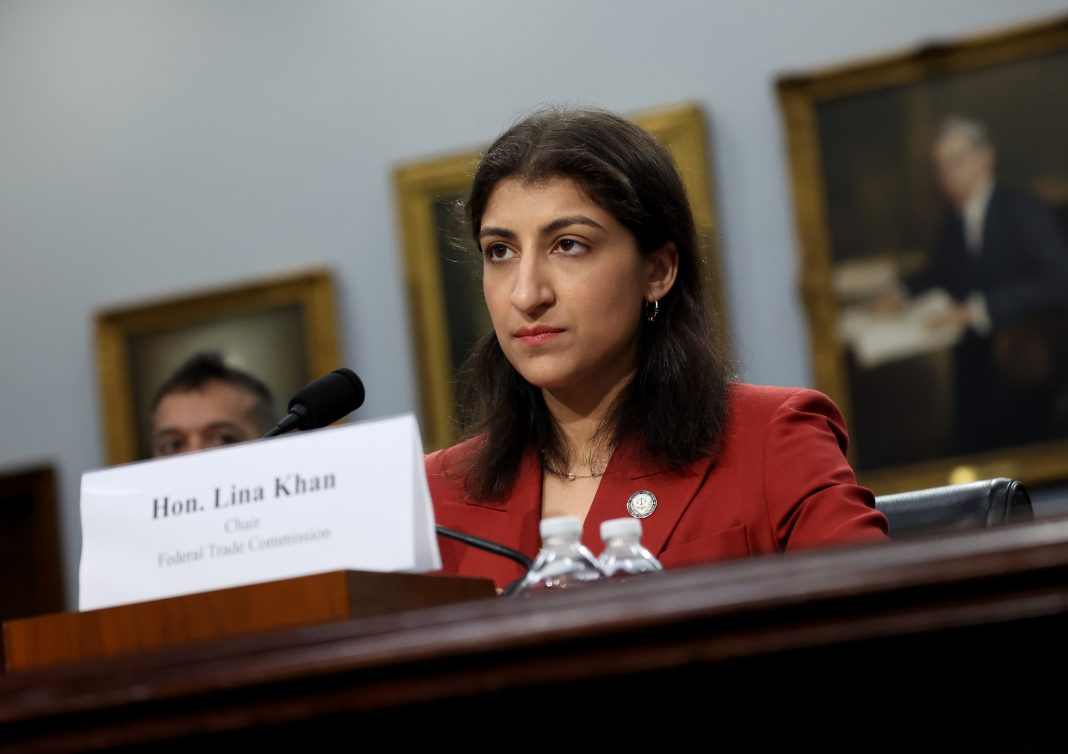On a pivotal Thursday, faculty from seven campuses within the University of California (UC) system united to challenge what they perceive as an alarming suppression of free speech and academic freedom surrounding the ongoing conflict in Gaza. This unprecedented move culminated in the filing of a joint unfair labor practice charge, a significant step that underscores the escalating tensions between university administrations and those advocating for Palestinian rights.
The 581-page charge, submitted to California’s Public Employment Relations Board, details a series of actions taken by university officials against faculty and students who participated in pro-Palestine protests during the spring. These protests, which included peaceful encampments, were met with a heavy-handed response from campus police, resulting in numerous arrests and allegations of excessive force—demonstrators reported being beaten with batons, shot with rubber bullets, and subjected to chemical agents. Such responses have raised serious questions about the universities’ commitment to upholding the principles of free expression and assembly.
Constance Penley, president of the Council of UC Faculty Associations, articulated the gravity of the situation, stating, “UC’s actions to suppress speech about Palestine on our campuses represent an illegal content-based restriction of faculty rights, setting an alarming precedent.” This sentiment was echoed by Anna Markowitz, a member of the UCLA faculty association, who emphasized that the administration’s crackdown appeared aimed at stifling Palestine solidarity activism on campus. Their collective stance is not merely a defense of their own rights but a broader assertion that such suppression could extend to other critical issues in the future.
The filing is particularly notable as it marks only the second instance since the Council’s inception in the early 1970s that a joint charge has been filed. The last occurrence was in 1993, when faculty protested against the denial of merit raises. This current charge, however, is historic in its scope, addressing violations of academic freedom and the rights of faculty to engage in political discourse, a fundamental aspect of university life.
In response, the UC administration has denied the allegations, asserting that they support lawful protest but will act against any behavior that violates university policies or endangers safety. This defense raises questions about the balance between maintaining order and protecting the rights of individuals to express dissenting opinions, particularly in a university setting that prides itself on fostering diverse viewpoints.
The backdrop to this conflict is a broader national conversation about the limits of free speech on campus, especially regarding contentious political issues. Recent studies indicate that many universities are grappling with how to navigate these tensions. For instance, a 2022 survey by the Foundation for Individual Rights and Expression found that over 60% of students reported feeling uncomfortable expressing their political views on campus, highlighting a growing climate of self-censorship.
The charge also highlights specific instances of alleged retaliation against faculty members who voiced support for Palestinian rights. For example, a UC San Diego professor faced an investigation for advocating on behalf of graduate students concerned about the treatment of Palestinian, Arab, or Muslim students. Similarly, a medical school lecturer at UCSF was barred from speaking after addressing health challenges faced by Palestinians, despite her efforts to condemn antisemitism during her lecture. These incidents raise critical questions about the implications of such punitive measures on academic discourse and the potential chilling effect on faculty and student activism.
As the situation unfolds, the faculty’s charge seeks not only to address past grievances but also to prevent future retaliation and to advocate for policy changes that would protect the rights of students and faculty to engage in protest. The charge calls for the reinstatement of faculty members who faced disciplinary actions and aims to secure back pay for those affected by the university’s crackdown.
The implications of this labor charge extend beyond the immediate concerns of the UC system. As Penley pointed out, “Every Californian should be worried about this threat to the stature of the University of California.” The potential erosion of academic freedom and free expression in one of the nation’s leading public university systems could set a troubling precedent, echoing similar trends observed in states like Florida and Texas, where academic institutions have faced increasing pressure to conform to political agendas.
In a striking display of solidarity, pro-Palestine students organized a protest outside the UCLA regents meeting on the same day the labor charge was filed. Their chants of “Free Palestine!” resonated with the faculty’s call for justice and reform, illustrating the interconnectedness of student and faculty activism in the face of institutional repression.
As the UC system navigates this complex landscape, the outcomes of these charges and the ongoing protests will likely serve as a bellwether for how universities across the nation address issues of free speech, academic freedom, and the rights of individuals to engage in political discourse. The stakes are high, not just for the UC community, but for the broader academic landscape in an era where the lines between education, activism, and institutional policy are increasingly blurred.


